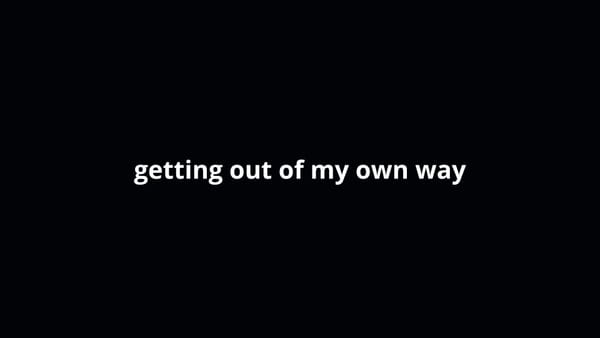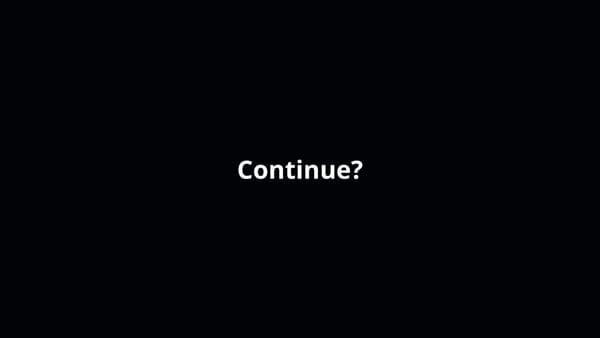FREE Software Tools for Game Development
// All the free tools I use to make my games independently

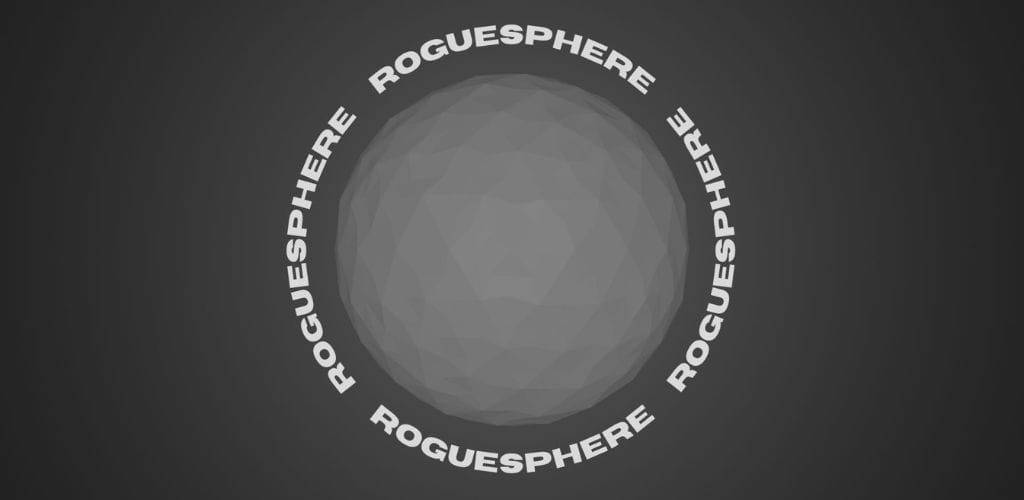
Roguesphere
Shove foes and conquer worlds with one finger.
The whole universe is against you, but you fight anyway. Travel around planets, smash through anything in your way, and get back up no matter what.
// Proprietary Software vs. Open Source Software
There are free proprietary software tools and then there are free and open source software (FOSS) tools.
- Proprietary software – owned by an organization or an individual that usually has a pricing plan that includes a free version of their software
- FOSS – community developed software with it's source code available to the public that is free to use
The list of tools I'm giving you is a mixture of both.
This is a very important distinction to make. It's about freedom and has nothing to do with price at all.
When it really matters, it's best to stick with FOSS rather than free proprietary software.
More on that at the end.
Here's the list of free tools I use to make games independently.
// Art and Visuals
Blender

Blender is a graphics tool that is capable of so much more compared to the low poly art I use it for.
It's well documented and I recommend the following resources:
- Blender Guru's tutorials on YouTube to get started
- Blender Secrets Youtube channel for quick useful tips and tricks
Inkscape

I learned to use Inkscape through TJ Free's tutorial playlist on YouTube.
It's a vector graphics tool I use to create custom icons and sprites for my games.
Alternatives:
- Vectornator (proprietary software)
I used the free tier of Vectornator before, because it's available on most platforms and so I could work on my iPad with which was nice - Canva (proprietary software)
Canva for me is more so a complementary tool for making thumbnails and visuals for my videos. You need the paid version to actually export vector graphics, but it's worthy to be in this list for how easy and convenient it is to use.
Coolors

Coolors saves me time from worrying about colour theory and gives me a colour palette with just a press of a button. The free version is enough to help create good and cohesive colour visuals.
Google Fonts

Fonts have expression and communicates more than what is noticed in design.
Google Fonts is not just a resource that provides a plethora of fonts, but it also provides a whole bunch of icons that you can export as vector graphics or just plain images.
Game UI Database

Game UI Database is a resource that explains itself really.
It's a web page showcasing the user interfaces (UI) of our favourite games, which we can use to reference off of and find inspiration for UI designs.
ColorPick Eyedropper
General Resource
ColorPick Eyedropper is a Mozilla extension that complements Game UI Database or any UI interface I find inspiring online.
I'm sure there are similar tools out there, but I use this eyedropper specifically to get the exact colour I find to look good in designs.
// Audio
GarageBand
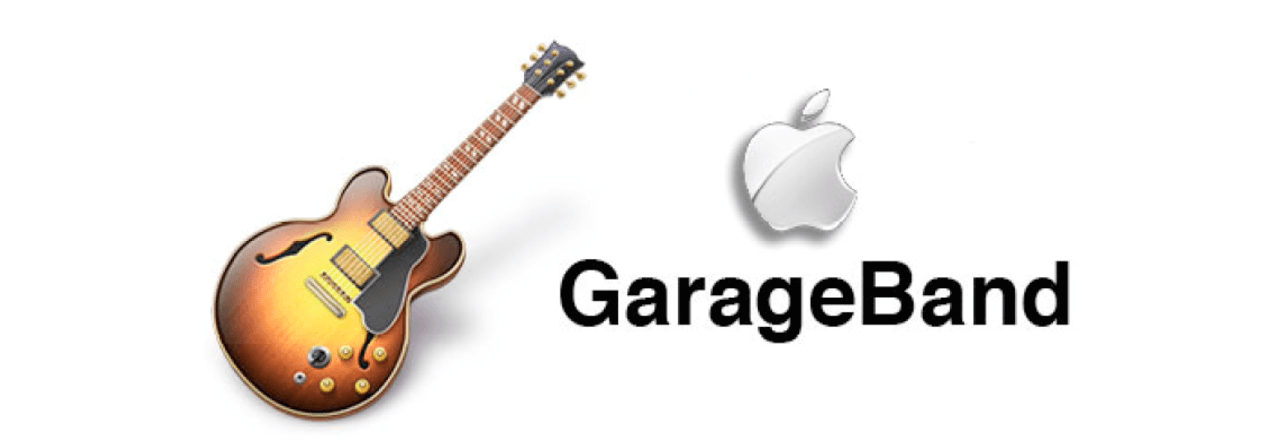
I'm not a musician, but GarageBand allows me to create simple tracks using their free to use samples.
It's nice too that it's available on all Apple devices, but that's also the downside itself. It's only available for Apple devices.
Bosca Ceoil
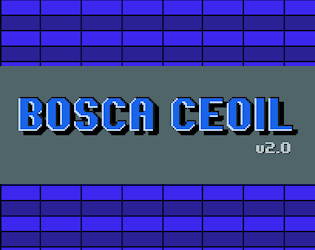
I never published a game with a track created in Bosca Ceoil, but it was a great tool to boost my confidence in music production.
It's a great tool to introduce you in the world of music production in general and has a quick built-in tutorial.
Audacity

Audacity is tool I use to create sound effects as well as to record my voice for devlogs and videos I post on social media.
LabChirp
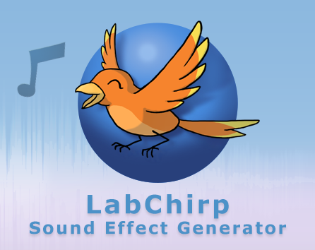
LabChirp is a tool I use to generate custom sound effects for my games.
// Publishing and Promotion
OBS

OBS is what I use to record screen footage as well as what I am planning on using for future live streams.
Nvidia Shadowplay
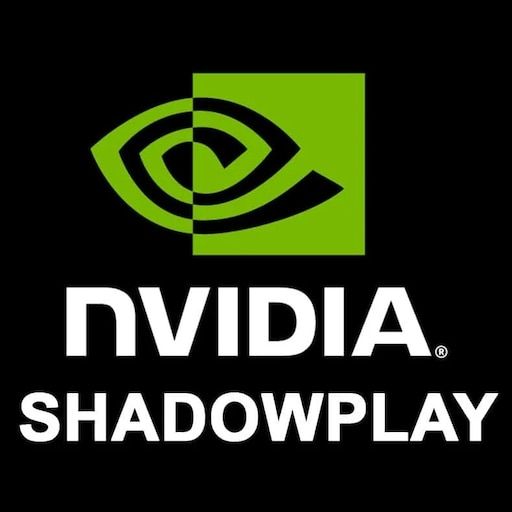
If you own a graphics card from Nvidia like I do, I use Nvidia Shadowplay for recording screen footage as well as to capture something that happened on my screen 5 minutes before, because sometimes I just forget to press record when I'm trying to get something for footage.
Shotcut

I've used Shotcut for editing videos like my devlogs and game trailers.
Side note: Not sure why, but I must have a wrong setup in the settings, because the quality result of my videos exported in it aren't the best. Overall, it's still a worthy mention in this list.
CapCut
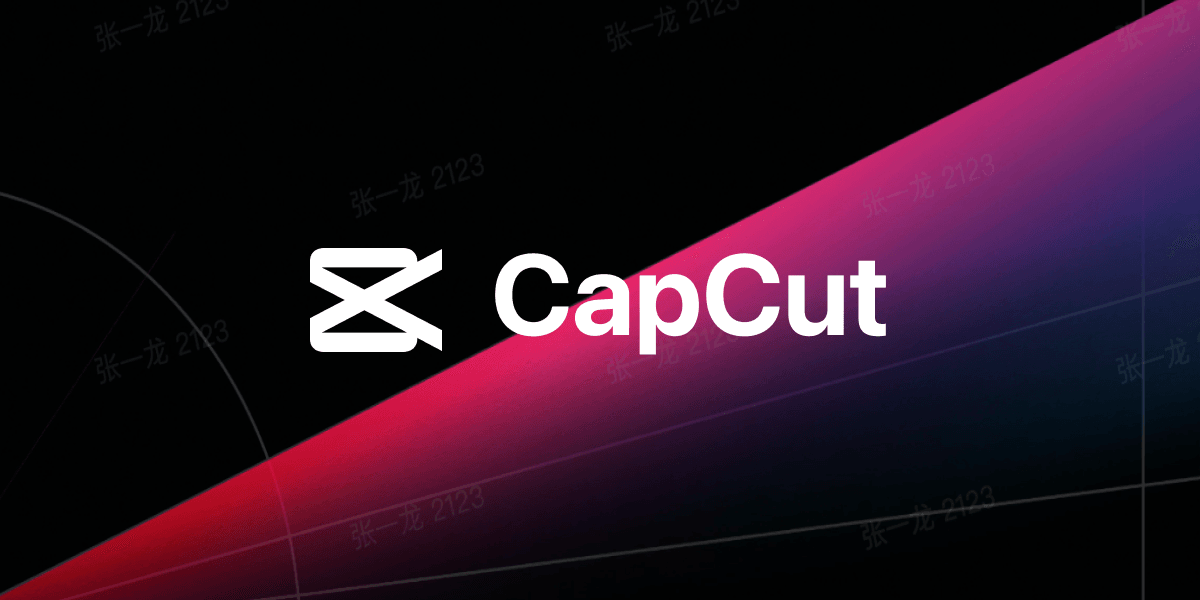
As of recent, I've been resorting to using CapCut for editing most of my videos, because it just makes it so easy.
DaVinci Resolve
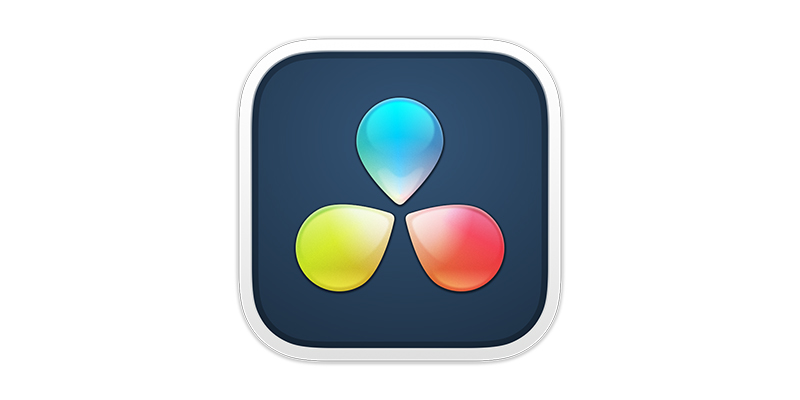
DaVinci Resolve is a tool that I want to learn to edit videos with multiple audio channels. Shotcut is able to do that, but like I said I'm having my own problems with it and CapCut just doesn't have the support for this case at the moment.
AppMockUp Studio
Proprietary software
This is for the mobile developers! I use AppMockUp Studio to quickly create beautiful preview images for my project's market listing. It's nice that its all done online too without needing to download anything.
// Planning
Trello

Trello is my personal favourite to plan deeply and organize just about anything in my life.
It's accessible on most platforms and through just the web.
It's great for planning milestones as well as logging feedback, general bugs, and any features that creep in during development.
GoodNotes 5

Okay GoodNotes 5 is not free, but this is a tool that is easily replaced with real paper and notebooks.
It's just worth mentioning, because it's my digital paper that I use for journalling and creating low fidelity prototypes of my games.
Some say making these prototypes are a waste of time, but I think that they do have value in terms of giving me a simple visual to base my UI off of as I go. So long as you keep it simple and not spend too much time on it, it becomes more than just 'distracted' work.
// Version Control and Code
GitHub

GitHub is what I currently use for version control of my game's source code and the whole project in general.
GitLab
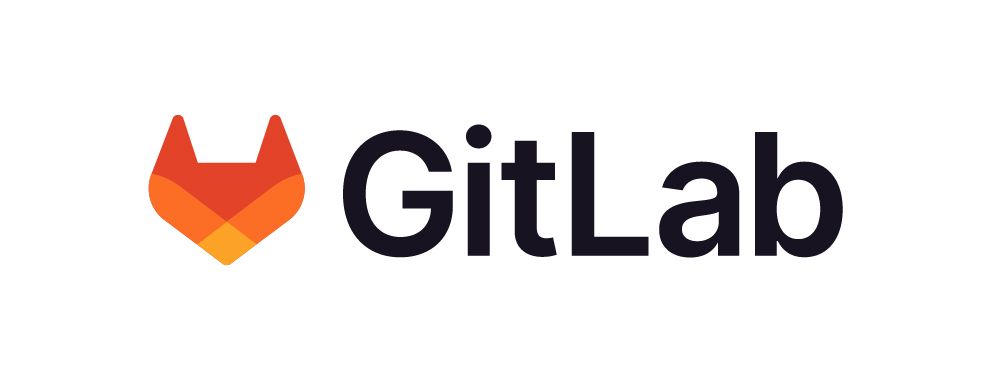
GitLab is something I have interested in moving to at some point when it starts to matter for my projects, because it is free and open source.
Visual Studio Code

Visual Studio Code (not Visual Studio) is my integrated development environment (IDE) of choice.
I love that it just simplifies everything and allows for customization to program anything in most languages rather than having multiple different IDEs for different languages.
// Game Engine
Godot
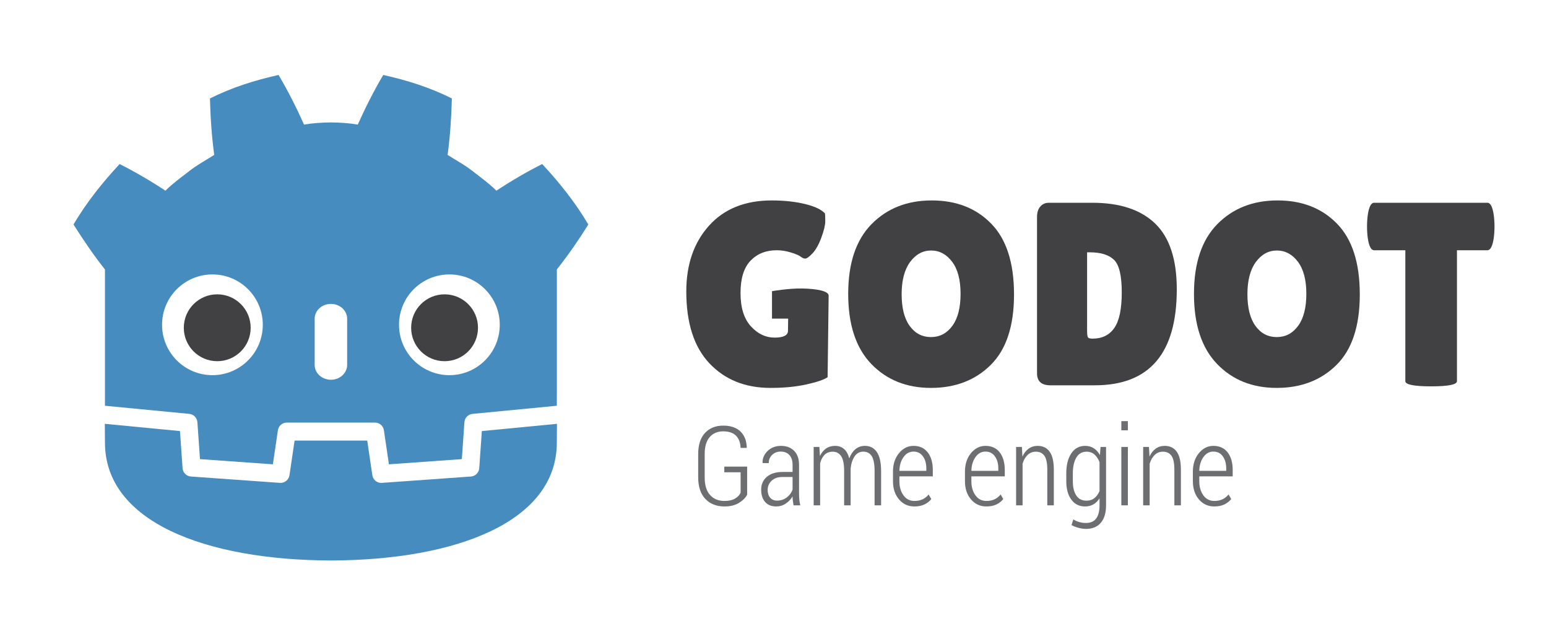
So, I use currently Unity, but my future games will be made in FOSS game engines like Godot.
I was able to really dive into this engine during the Unity fiasco and I know that it will be more than enough for me to continue making indie games.
Unity

Now, I'll share why I'm pushing FOSS so much.
My introduction to making games was to use the Unity game engine.
I feel like my journey is a pretty good example for why decisions matter when it comes to choosing FOSS over proprietary software, because Unity for me was/is a blessing and a mistake.
Right now, the company is getting a lot of heat as deserved, but I have to give them their flowers.
On one hand, Unity made the entry into the game development world super easy for me.
There's a reason as to why there are so many shit games that come out of the Unity engine and that's because the engine just makes it so easy for people, experienced or not, to create games.
I think Unity really set a standard all these years being one of the first free game engines out there. You could even say that it gave birth to the Unreal engine and all these other free game engines.
Now, on the other hand, my mistake was actually developing games that I am of course attached to and have released publicly with Unity.
I say that, because in some way I really don't own those games... Unity does.
They can always just change their terms, as they've recently done, and really just control me as well as my games.
Of course, I don't like that.
As I've said in my devlog, I'm not even close from triggering the fees associated with the terms, but what am I doing if I didn't believe that my Unity games will hit the threshold someday.
I just don't have peace of mind and maximum ownership.
But, due to the backfire that this Unity situation caused, the terms had been dialed down by a lot to the point that I'm at least comfortable with finishing my current project in the engine without having to start from zero in Godot.
A big thank you goes to the big industry players that spoke out for us.
Going full circle though, the main lesson here is that proprietary software ultimately has the control.
There's enough content about this whole Unity situation for me to go over it, but this says a lot for other proprietary game engines such as Unreal as well.
These companies can just test the waters whenever they want.
As someone who makes games, this is where using FOSS matters.
We all get to see the real damage done by Unity after all of us game developers start our next and future projects.
// Conclusion
Anyway, that's it for this one my frenz.
Are there any cool open source software I am missing out on?
Please let everyone know in the comments.
– Renz
1. Get Doaily: a gamified to do list that will help you build a habit of making every day count.
2. Play Roguesphere: shove foes and conquer worlds with one finger!
3. Play Rainy Day: a financial casual education game.
// Supporters
Special thank you shout out to the following ongoing generous supporters of my work, making a difference in the world and mine.
- Laura Milligan
- Jacob Huang
- Andrew Abrook
- Faiz Prasla
- Armaigne Rivero
- Joshua Ravasco



